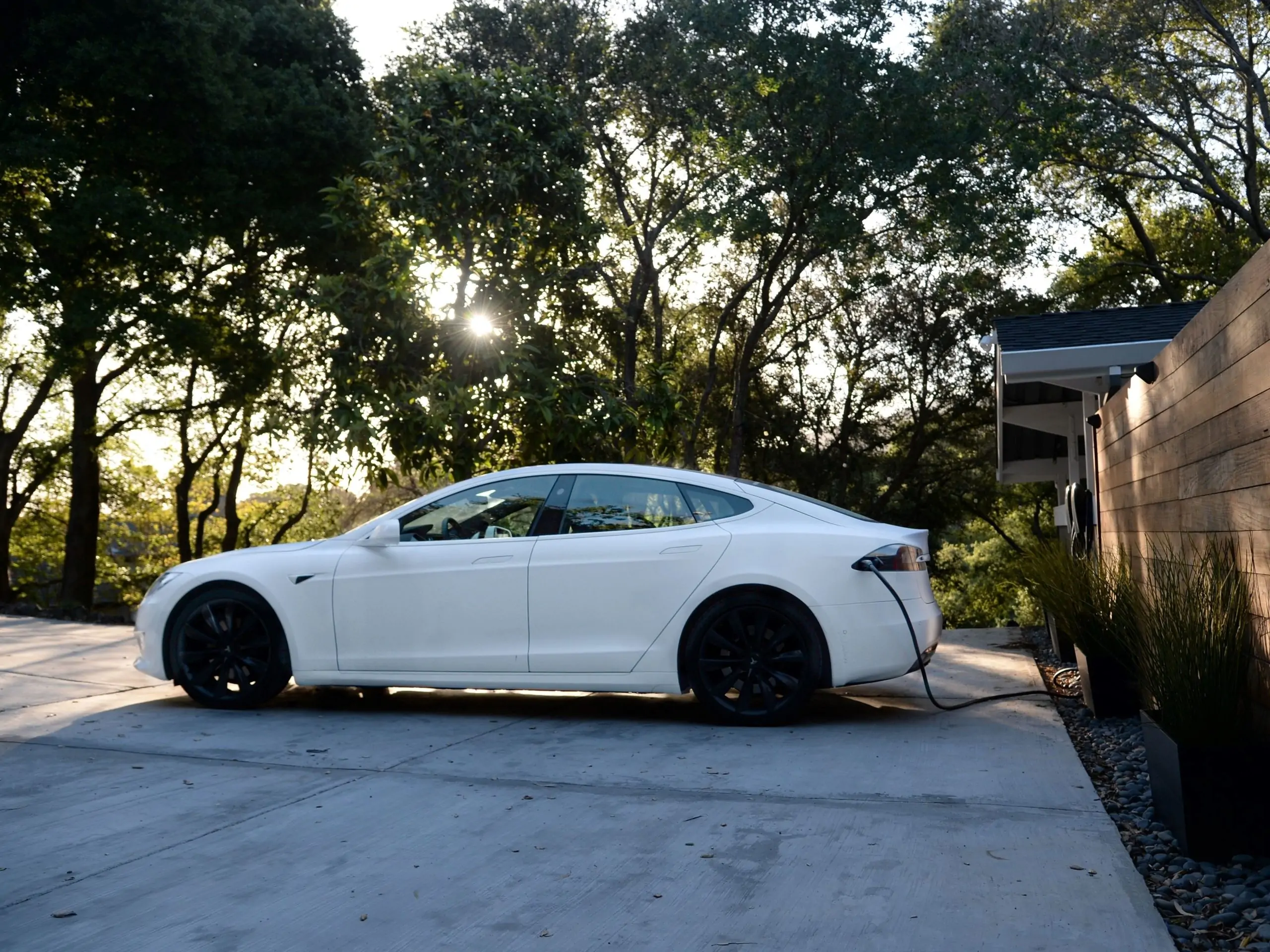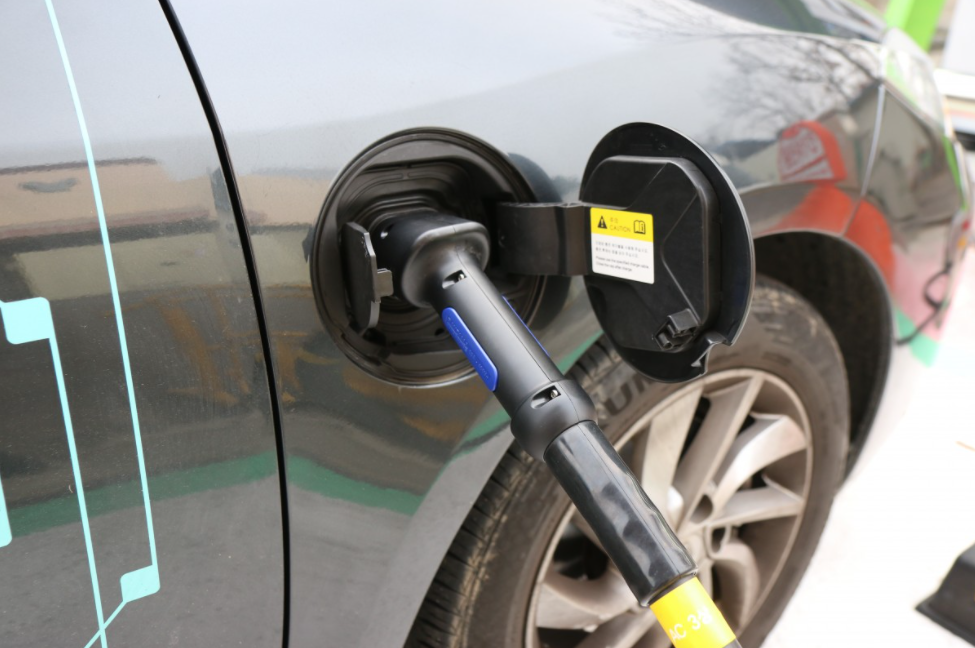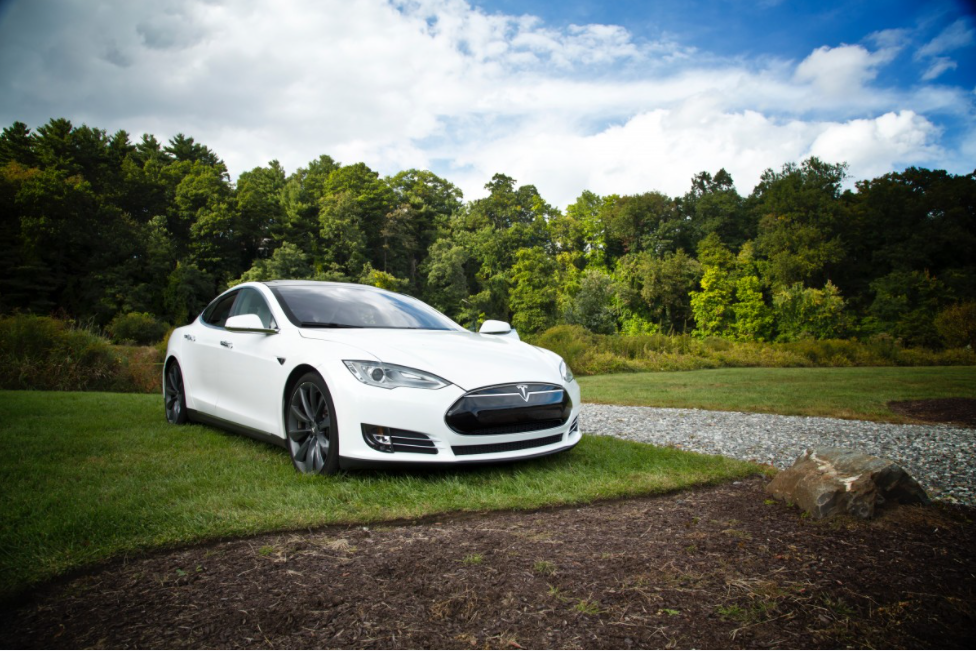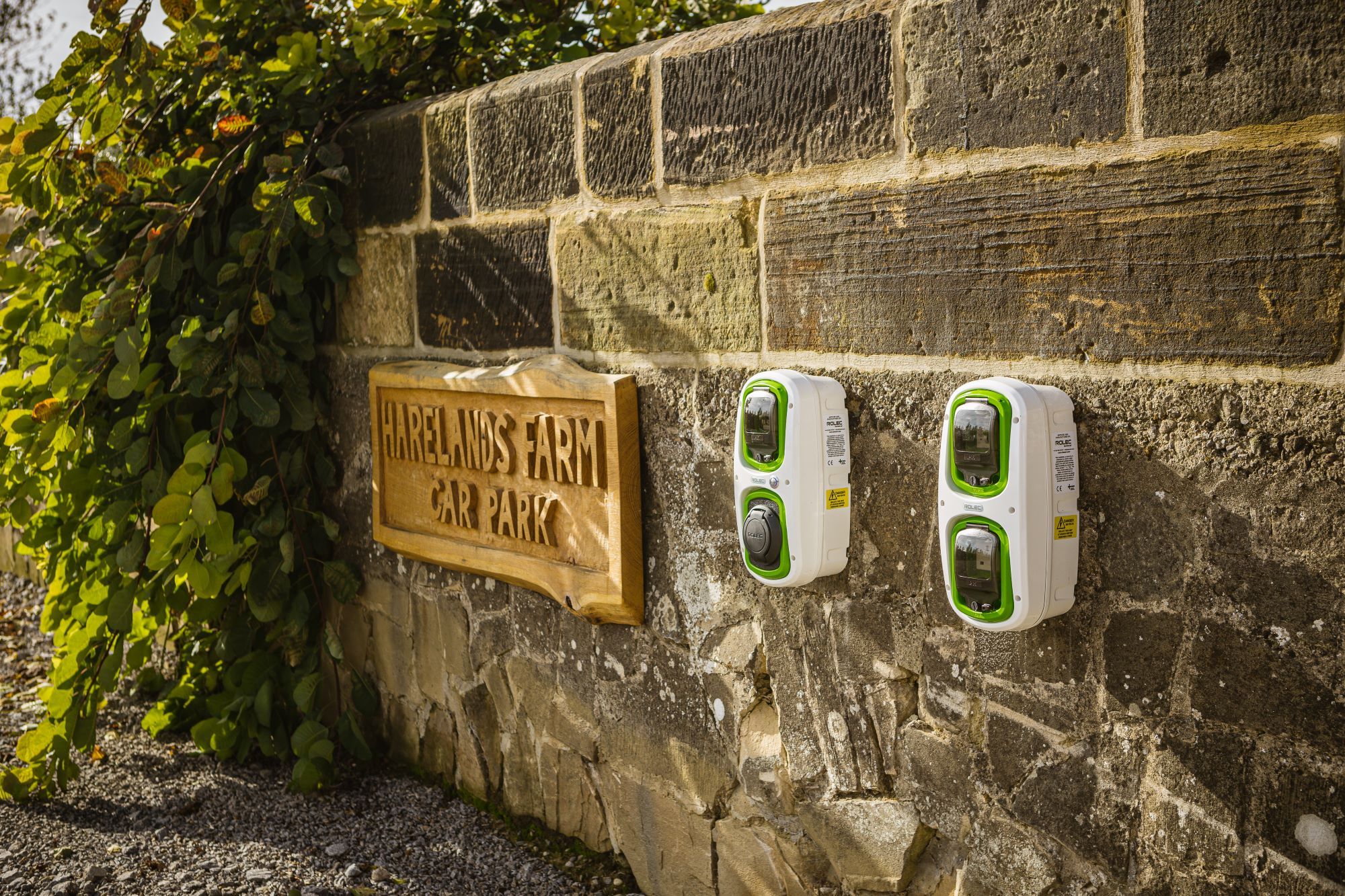Why Book with Us
- Secure Online Payments
- 99% of guests would rebook
- An Experienced, Family Business
- Contact our team 24/7

November 2020 saw the UK Government announce the sale of new diesel and petrol cars and vans would be prohibited after 2030. This ‘deadline’ has been changed twice, such is the urgent need to reach the target of 100% zero emissions and improve the UK infrastructure.
Recent data suggests there are approximately 1.1 million pure electric vehicles on UK roads. What’s more, according to the Society of Motor Manufacturers and Traders, almost 1 in 7 new cars sold in the UK this year are expected to have a charging plug.
So what does this mean for you, as a holiday home owner?
As electric cars become increasingly popular, holidaymakers will expect to be able to charge their car whilst staying at your property. Here are our top reasons for installing an Electric Vehicle Charging Point (EVCP) at your holiday home:

It’s reasonable to estimate that guests who own an electric car are more likely to book a holiday let that does include a charging point. And the numbers in the UK are constantly growing.
EV drivers are also ‘connected’ to numerous apps that indicate exactly where available charge points are located so that they can plan their trips. Imagine a guest with an electric car is staying in a holiday cottage near yours which doesn’t have a charger, but they can see via their app that yours does. This may well result in them choosing your property next time they return to the area.
Add in the social and environmental reasons for including one, and you can see why adding an EVCP is a great selling point.

There may well be electric vehicle charging points near your holiday cottage, but it’s not the most convenient option for any guest as the charging process can take time. Guests don’t want to spend their holiday sitting in a supermarket car park charging their vehicle.
Installing a charger is also especially worthwhile if your property is in a particularly rural location with few, if any, public charging facilities. This can cause some anxiety if guests fear they might run out of battery before they can reach a charger.
Not a great start to their holiday in Yorkshire!
Research suggests that 90% of EV charging takes place at the home, and not at a public site. So, the ability to leave an EV on charge overnight at your holiday cottage is always going to be most convenient for your guests.

Due to climate concerns and the incoming ban on the sale of new diesel and petrol vehicles, the number of guests with an electric vehicle is expected to continue to surge year on year.
Guests now expect the essentials in a holiday home; wi-fi, smart tv’s, Bluetooth speakers. In the near future guests will come to expect a charging point for their EV ‘as standard’ – as traditional fuel becomes less popular.

Organisations like the RAC cite that an at home charging point typically costs around £800, whilst EDF Energy is offering a smart home charger, fully installed from £549.
It all depends on the type of charging device you decide on, and your existing electricity supply capabilities. The above prices assume that it would be easy to connect your new charger to the existing electricity infrastructure.
Also, do check with your accountant if the installation costs are tax-deductible.

It’s a good idea to check for any available government and local government EV schemes as you may be able to apply for a grant of up to 75% (correct at the time of writing) towards the cost of your new EV charging point.
For example, there’s the OLEV Grant, also known as Electric Vehicle Homecharge Scheme (EVHS), which could reduce the cost of your home charger by up to £350.
Securing a grant could mean that, ultimately, you’re only paying a fraction of the cost you first expected.

First, you need to establish whether your property can have a home charging point installed. The main criteria are usually:
Charging point options:
How much does it cost to charge an EV?
EVs use power that’s measured in kilowatts (kWh), the same unit your regular electricity supply at home is measured in.
The average cost for a full charge will vary on the charging point’s speed capability and the size of the car battery. According to Podpoint, the cost to charge a typical electric car with a 60kWh battery and 200-mile range costs around £20 at home, and at a public charging station this increases to £35.
It’s worth researching alternative energy suppliers if it makes sense to switch and save; many utility companies offer tariffs targeted at EV drivers.
When deciding whether to charge, it’s a good idea to look at what someone might be paying to stay at your holiday home versus the potential cost for them using the charger. Several EV car owners paying £500 for a weekend in the low season could reduce your return by 10-20%. However, charging a one-car family paying over £2,000 to stay at your cottage an extra £20 for EV charging could be considered ‘penny-pinching’.
You could factor EV charging costs into your rental rates.
OR
It could be added as an additional option on the booking form and only charged when it applies to the party.
Some charge points have an RFID linked app so that you can see exactly how much the guest used, and bill what’s required.
Whether to charge or not is a choice for you, the holiday home owner, to make.
It’s essential that your charging point is installed by a certified installer and maintained correctly. An EV charge point it should form part of your property risk assessment.
A really helpful resource for EV charging point health and safety guidance is RISCAuthority RC59 “Fire safety when charging electric vehicles” document.
Consider that your terms and conditions should explicitly forbid the charging of EV’s through windows or using an extension lead.
Before you purchase or install a charging device, inform your insurance provider that you’re thinking of adding this feature to your holiday home. They will, in turn, confirm whether this will affect your cover or if any endorsements apply. Installing an EVCP without notifying your insurer could leave you without cover should something go wrong.
You may already be providing solar energy or eco-friendly products at your holiday home, in which case, supporting the use of electric cars is the natural next step. But, whether you’re already eco-conscious as a holiday let owner or not, there’s no denying that now is the time for us all to ‘do our bit’ towards saving the environment.
Despite any initial outlay for the equipment and installation, there are many potential benefits to having an EV charging facility at your holiday home – one of the main ones is being able to delight and impress your paying guests who will become your advocates and repeat bookers.
If you would like to discuss what value adding an electric vehicle charging point to your holiday home could bring, please do get in touch.

The market for accessible holiday homes is ever increasing. In fact, according to Visit Britain, it is estimated that one in six people in England and Wales have an activity-limiting […]

turning your unused farm buildings into holiday accommodation can be a profitable consideration, providing a new income stream. Short breaks and week-long stays have never been more popular as the UK staycation market continues to flourish and grow...

Our collection of luxury holiday accommodation in Yorkshire offers everything from a fun family break, to a romantic bolthole or group getaway. Discover your perfect stay...